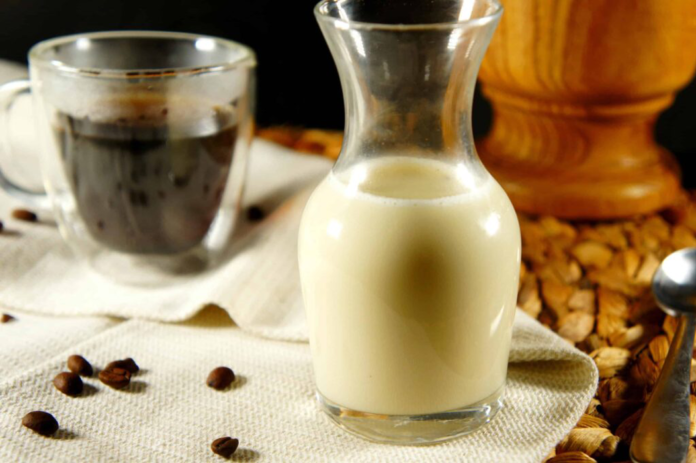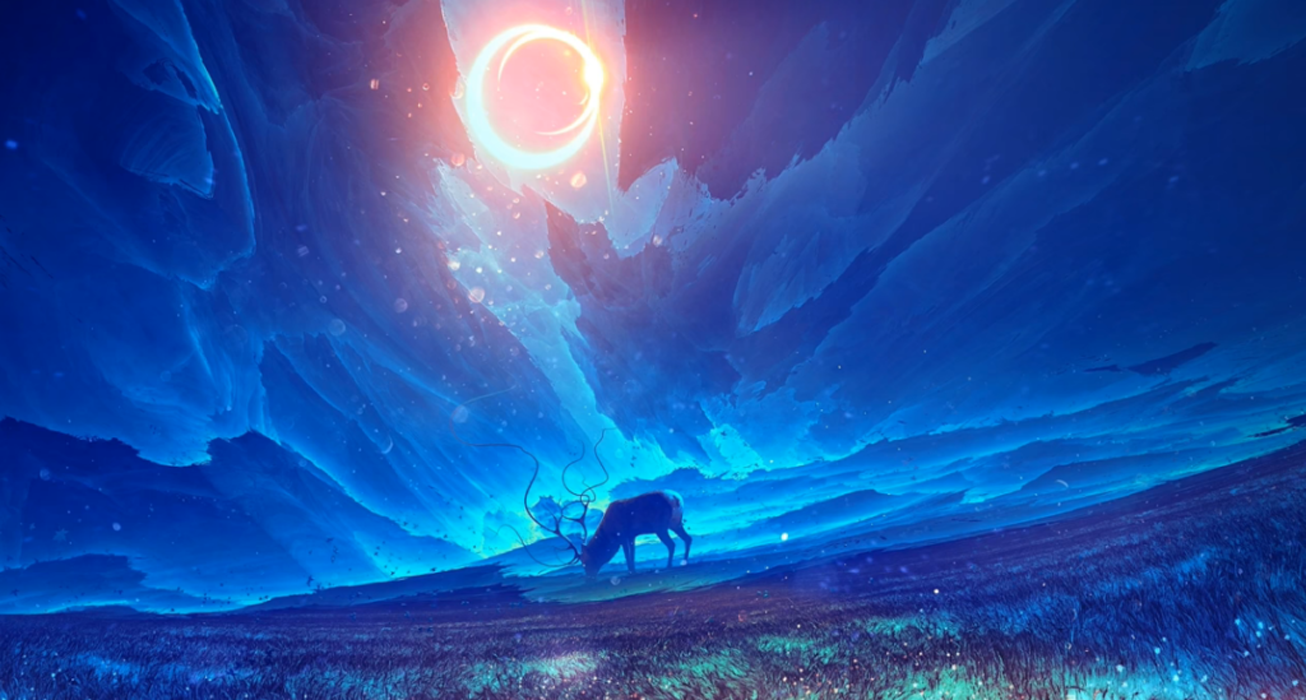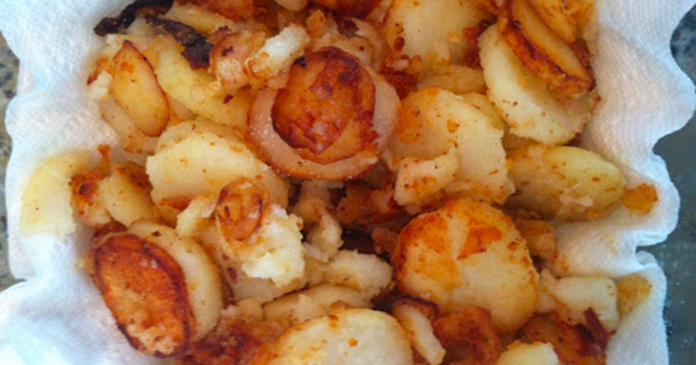Although some people believe that a person being intelligent comes down to their grade point average or the number of degrees they complete, this is difficult to swallow when you consider that someone like William Shakespeare barely went to school at all. Indeed, individual talents and skills are often overlooked when it comes to gauging intelligence; Albert Einstein related this to testing how well a monkey, a fish, or an elephant could write a script. Please read the list below for more info and insights on how to tell if someone is highly intelligent.
Unique memory
This doesn’t just mean having a good memory (although most highly intelligent people do). Rather, it has been found that geniuses often remember small, seemingly insignificant events from their pasts, such as the exact thing someone said at a certain time or the precise thing that occurred at a particular time.
Valid humility
Socrates believed that he was the most intelligent person in the ancient world not because most people agreed he knew everything, but instead because he was the only person who knew that he actually knew nothing at all. Much knowledge can be learned and gained in the world, but it’s impossible to learn even a sliver of everything that there is to know, or to be 100% certain about any Universal truth.
Starving curiosity
A healthy curiosity is good, but a starving curiosity is genius. As mentioned, there are more things to learn in the world than any human being could ever possibly comprehend — what’s not to be curious about?
Constant questioning
This stems from the points above, and it demonstrates that the more questions a person asks, the more things a person will learn. Sometimes there’s a fine line between an individual who will speak up when they don’t understand something and an individual who will remain silent for fear of seeming unintelligent.
Enhanced empathy
The better you can relate to another human being, and the better you can see the world — and their life — from their perspective, the better you will be able to understand what that person is attempting to convey. Greater comprehension means deeper knowledge.
Strong ethics
Highly intelligent people don’t compromise their morals, their beliefs, or their integrity, because they realize losing respect means losing opportunities to learn from honorable people. This isn’t the only reason most geniuses are morally sound, but it’s certainly reason enough to do so.
Highly precise
Geniuses are usually very specific when they think, say, or do anything. In fact, if you’re ever playing a board game with a genius then you can bet that it will probably take longer than usual and that more rules will be enforced (or even added!).
Alone time is valuable — and invaluable
Spending time alone is essential to devoting enough time and energy to thinking about who you really are as a human being and what you truly desire as a person. Once you know this, you can take the best actions possible to make the world better for you and everyone you interact with (from your perspective).
Chewing
Highly intelligent people tend to do things like chew gum because keeping your body busy with menial tasks causes the human brain to reflect on what it needs to. This seems strange, but there is substantial research that backs this notion up.
Night owls
As per Psychology Today, geniuses usually go to bed late on weeknights and weekends — significantly later than human beings of average intelligence. Part of this has to do with not wanting to conform to the norms of society, and part of it has to do with living in the moment and making the most out of every waking second.
Highly productive
It’s no surprise that intelligent people normally get more done over a given period of time than individuals of average intellect. However, this notion applies to level of productivity at home as well as at work, which isn’t often mentioned.
Sarcasm and humor
Research shows that sarcastic people are usually more intelligent than individuals who don’t engage in this behavior. Being funny and clever requires a lot of creativity, and effective creativity demands intelligence.
Short naps
Leonardo da Vinci believed in the polyphasic form of sleep, also known as the Uberman sleep cycle. Many geniuses nap for 20-30 minutes every four hours or so as opposed to getting the vast majority of their sleep at night.
Thick skin
This doesn’t mean that highly intelligent people will let people walk all over them and outright degrade them, but it does mean that they’ll give people the benefit of the doubt — when possible — if it means that they can learn something significant from them. And, no matter the person, there is at least one useful thing that any human beings can learn from someone else.






